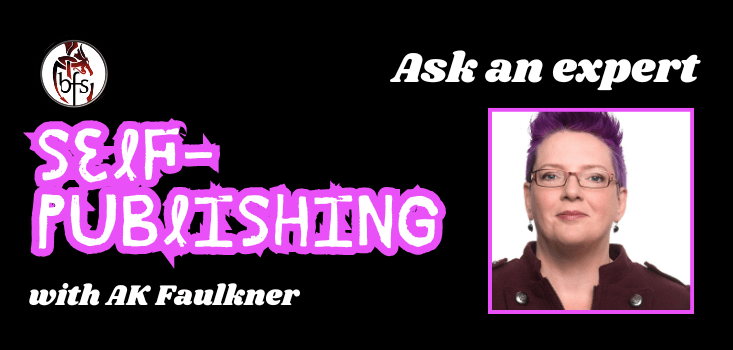In this monthly column, we pose your questions to an expert in a specific field of speculative fiction. This month, independent author AK Faulkner answers questions about self-publishing, as asked by BFS members in our dedicated Discord channel.
This month: Self-publishing, with AK Faulkner
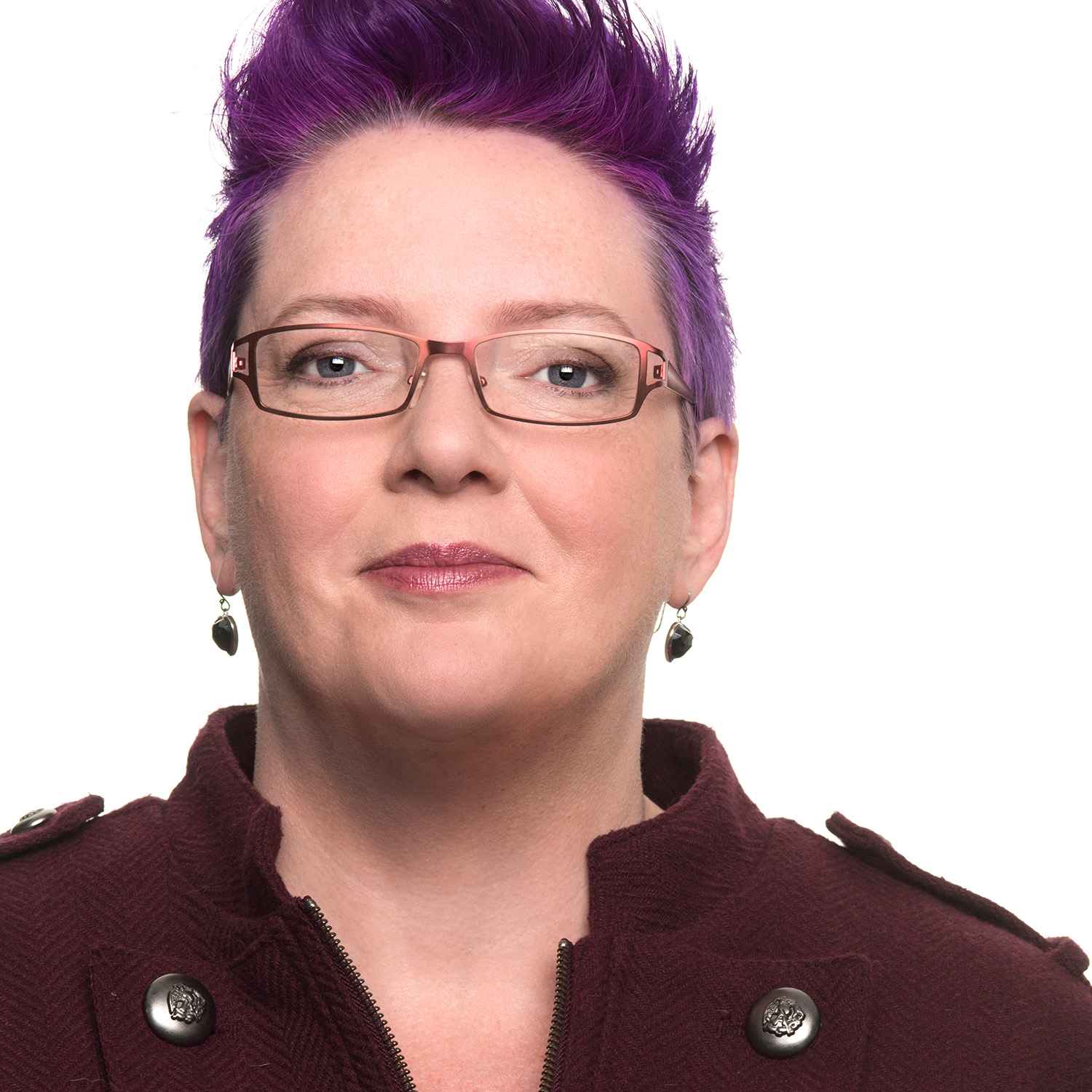
Name: AK Faulkner
Website: ravenswordpress.com
Specialism: AK Faulkner has been a self-published author since 2013; Ravensword Press is the new umbrella imprint for their works.
Follow: BlueSky @poopraven.bsky.social; Instagram @poopraven
AK Faulkner is an independent author who loves inflicting horrible trauma on breakable characters who have done nothing wrong in their lives ever*. They began their life in IT, and decided that was boring, so yeeted a whole career to write books instead. That was 15 years ago, and they’ve since self-published several award-winning novels. They live in the UK with the world’s floofiest Corgi puppy and the world’s worst cat.
*Allegedly.
Why did you choose self-publishing over other potential routes?
Fun story time! I initially chose to self-publish to get back into the habit of writing after a long period of not-writing (thanks to that old favourite, the menty b). Then when I felt fully back on the wheel and had worked on the first novel in an urban fantasy series, I considered attempting the traditional publishing route, but publishers didn’t want new adult queer urban fantasy in 2013; everything queer was either non-fiction, or YA (and tradpub are still resolutely refusing to accept NA as a genre). In the end I decided to keep pushing boulders uphill because at least I had the boulders and there was a hill (and simply not writing Inheritance wasn’t an option).
How do you attract new readers for your books? There are so many self-published books being released now it seems difficult to stand out from the crowd.
I’ve found that a big-ass neon sign which reads GAY BOOKS works pretty well at events! (No joke, come find me at a convention near you, just look for the bright neon sign).
Attracting readers is hard. You’re asking people to invest something far more valuable than cash. You’re asking them to consider investing their free time, and that is a lot to ask of strangers. It’s doubly hard when you’re writing a series which centres trauma survivors as heroes (rather than as an untraumatised hero’s motivational background character), especially when one of them has undiagnosed autism (go check the 1-star reviews from neurotypicals who hate him haha).
The thing I’ve done is accept that I’m writing for a very niche audience, and speak directly to that audience. If I pick up other readers along the way, great, but I’m not casting a wide net here: I write queer characters with deep trauma who find a family, go to therapy, and also happen to have incredible powers and face the most horrible bad guys imaginable. The series is about queer resilience and community, as well as nurturing kindness and compassion in a world which tries to strip it away, and my audience is the people who love exactly that.
First question: please may we see the floofy corgi and the terrible cat.
Second: if you could send a message to yourself 15 years ago, at the start of your self pub journey, what would you say?
My message to 15-years-ago-me would be: Bro just don’t do Facebook, it’s awful, and you don’t have to use it at all.
(Ed note: Floofy corgi and terrible cat pictured at the end of this screed!)
How do you source cover artists?
Either through community – asking friends who did their covers if I like their covers – or the magic of Reedsy.
My cover designer for Inheritance is Dominic Forbes, who frequently works on far more famous books than mine, and I found him through Reedsy. You can see Dominic’s work (and hire him) here: www.dominicforbes.co.uk
For my paranormal romance series, Tooth & Claw, I initially designed the covers myself, but as my eyesight deteriorated, doing so began to cause ocular migraines which would knock me out for days at a time, so I called on an artist friend to help redesign them. Fofo reworked them and made them far nicer, and I also go to them for the majority of my merch and character art. You can see Fofo’s work (and hire them) here: ko-fi.com/fofoart/commissions
What do you consider the greatest challenge of self-publishing, and the greatest benefit?
The greatest challenge is definitely convincing people to read your books. While it’s losing this, there’s often an opinion that self-published books are “worse” than traditionally-published ones — but the truth is that publishing is a business, and traditional publishing can’t afford to take many risks. Self-published books are where you can find those risks (often taken with complete and utter glee), but not everyone wants to take an equal amount of risk when it comes to choosing what to read next (which is fine and good actually, people get to enjoy books however they want).
The greatest benefit is I get to write whatever the hell I want and not fret about how marketable it is or whether it has wide appeal. It means I can switch pace, focus, and even genre as the story demands. Also I get to describe Inheritance as “new adult queer urban fantasy horror with occasional portal-to-high-fantasy and sometimes comedy, all with horrible trauma” — teehee.
How much of your year is actually spent sitting behind a table at a random creative market trying to flog your wares? And is this an approach you’d recommend to other independent authors?
I seem to be doing somewhere around 12-15 events a year, and I enjoy it immensely, but I wouldn’t necessarily recommend it. Sometimes it breaks your body. Occasionally it just covers you and your stock in grease (looking at you, HyperJapan). Once in a while you will have five weekends in a row booked months in advance but your souldog dies days before the first of those five events and you have to go anyway because the majority of your annual income is going to come from that single, hectic month (fuck capitalism).
Deep breath.
I resisted doing events for several years for many reasons: I’m terrified of crowds; I’m really quite introverted (no, seriously); I’m an awkward autistic potato; my eyesight was failing but the NHS kept insisting that I wasn’t blind enough to bother helping. But all my other attempts at marketing were spectacular failures: I’m no good at writing ad copy, and hate participating in online events where I have to pretend to be an extrovert and engage in smalltalk to try and sell books.
Events were my Hail Mary, so in 2019 I sucked it up and put on my big boy pants and booked a bunch of conventions for 2020.
So, yeah, that went well.
Events kinda-sorta restarted in 2022, but I wasn’t confident in venue or event covid mitigation policies, so I didn’t really rebook events until 2023, and not in earnest until 2024. And now, here I am, playing catch-up after failing at marketing for well over a decade, having finally stumbled into the type of marketing it turns out that I really enjoy: getting out of the house and talking to people! Who would’ve thought it?!
So on the question of whether I’d recommend it, I would suggest that indie authors at least try it to see whether it’s for them. You can do local indie craft fairs and markets, you can do huge national conventions and expos, you can do international highly specialised events, and you don’t have to do everything (though naturally I did, so that I can build a picture of what does and does not work for me, my mental capacity, and my audience). My ADHD finds smaller events far more exhausting, because they’re much slower, so I’ve stopped applying for anything that isn’t going to be hectic as hell all weekend, but I had to do the little markets to find that out — and unless you try things, you might not work out whether they’re the right fit for you or your books.
How much money do you think you spend producing each book, in terms of editor, cover artist, distribution package? And how long does it take for that outlay to be earned back?
Wheeeeee what even is money, I enjoy eating dust!
I’d say it’s at least £2,000 per book for the editor, proofreader, and cover designer. I already write in Vellum, and so the interior formatting is done for me. I readily make this back within the first couple of months of a new release, so from there on out my majority costs are convention tables, display materials (banners, tablecloths, book stands, signage, etc), transaction costs (per-transaction fees, as well as the card reader hardware and wifi hotspot), printing costs (print on demand is horrendously overpriced, wheee), and any travel costs.
It’s another £3,000-£3,500 per audiobook, which is an outlay which has yet to be earned back because I refuse to be Audible-exclusive for only 40% royalty rate. This is what has pushed me into launching my own storefront, where readers can buy ebooks and audiobooks directly from me (and therefore keep the files that they have purchased – hard stare at Amazon here). If I were any good at marketing I could drive online customers towards these, but due to many complex and legitimately homophobic reasons (not the least of which is that many advertising vectors such as Meta will view LGBTQIA+ products as “adult” and refuse to approve or serve your ads, but also many of the ad platforms will not allow you to correctly target LGBTQIA+ books, forcing you to come up with highly convoluted targeting that misses as often as it hits), it’s more effort than it’s worth, so I promote ebooks and audiobooks at live events alongside the paperbacks, and I run crowdfunding to pay for the initial recording these days.
Second question, if I may: like many authors I love writing and HATE marketing. Is there a strategy for self-publishers to avoid becoming mired in the minutiae of self-promotion? Someone (someone who’s good at what they do!) who does the marketing for you?
Honestly, the strategy is “don’t write niche appeal books”. The broader your appeal, the more likely the book is to simply sell itself. Once you go niche, you’re in trouble, and no amount of money thrown at advertising or PR will save you. (I speak as someone who has thrown unfathomable amounts of money at both.)
My number one warning here, though, is that the vast majority of people who claim to be able to advertise your book for you are just grifters who will take your money and provide negative RoI. You are going to have to learn to do it yourself, if only so that you can then accurately assess whether the person offering to do it for you has a fucking clue what they’re talking about or are just blabbing out of their arse to get your money.
Following on from the above, what advice would you give people who want to self-publish who have zero budget for professional services like editing or cover art?
This all depends on your tolerance for shoddiness and poor sales. Do you care about a bunch of 1-star reviews slamming your grammar and spelling? No? Great, don’t hire anyone to fix those things! I’ve seen authors launch amazing careers on books they couldn’t afford editing for because the stories themselves were amazing and readers were so invested that they forgave the errors (which were fixed in later editions when the authors had the money). Do you care about putting your heart and soul into a book only for it not to sell because the cover is dreadful? No? Great, put it out there! If the title is arresting and the blurb is great, people will use the Look Inside feature anyway, and if the opening chapters grab them, they’ll buy.
If you don’t have the budget, but you do have skills to offer, you can reach out to people in your community and offer an exchange. Swap their editing skills for your beta reading, or their cover design skills for your willingness to cat-sit for the next year. Not all traded skills have to be in the same field, and if your kind person lives locally, you might be able to swap the most random services for an edit, like babysitting, or dog-walking, or helping redecorate their living room. Think out of the box.
Finally, if you’re really having trouble affording these services, just YOLO and go without, because doing so is way better than resorting to generative bullshit plagiarism machines (and if you do use AI I will name my next massive shit after you). If you fancy this, always proofread your work in as many different formats as you can, because changing the format makes a huge difference in your brain’s ability to spot errors. Side-load it onto an e-reader or phone, change the font, print it out, get text-to-voice to read it to you, then do it all again.
Ooh! And similarly, for those with limited budget, where do you believe is the most important place to invest it? (if you can’t afford professional services for everything, what’s most important?)
This will vary from author to author. Some authors have editorial experience and are writing their first book, so might be pretty decent at editing (though many editor-authors I know insist that you simply can’t edit your own book as well). Those authors may benefit more from investing their limited funds into a cover.
Likewise some authors are actually good artists or designers too, and would be much better off putting their money into editorial services (whether developmental, line edits, copy, or proofreading).
Ultimately the best place to put your money is in your weak spot, where it will save you the most time and provide the most bang for your buck.
So much of the battle of self-publishing seems to consist of getting readers to trust you in the same way they’d trust Penguin, Faber, etc. What have you found to be the most important things in gaining the trust of readers, some of whom might have been burned by self-published series in the past?
I’m not interested in fighting that battle. That’s probably the autism speaking, but I literally do not care if people refuse to pick up my books just because they’re self-published. If they want to miss out, that’s their problem, I’m not their mum 😀
Why Poop Raven?
Maaaaan, if you’d read Inheritance, you’d know! 😜
Is there a specific question about self publishing you wish someone had asked?
Damn, I wish someone had asked me for a list of self-published authors I’d recommend, so let’s go!
- Trudie Skies
- Kara Jorgensen
- Iris Foxglove
- Claudie Arseneault
- C. C. Solomon
- C. K. Andersson
- Tessa Hastjarjanto
- Rebecca Crunden
- M. N. Bennet
- Antoine Bandele
- Patrick Samphire
- Tim Hardie
- Ryan Cahill
- Michael R. Miller
And let’s not forget the hybrid authors, who either started in trad and added self-published works, or started in self-pub and have also had books picked up by trad. I recommend:
- Mark Stay
- K. D. Edwards
- Olivia Atwater
- Travis Baldree
- Chuck Tingle
- Krista D. Ball
- Andrew Rowe
- K. J. Charles
Apologies to anyone I’ve missed off these lists. I’m bound to have twenty more names hit me about three seconds after these answers get published!
Finally, photos of the furry ones below.
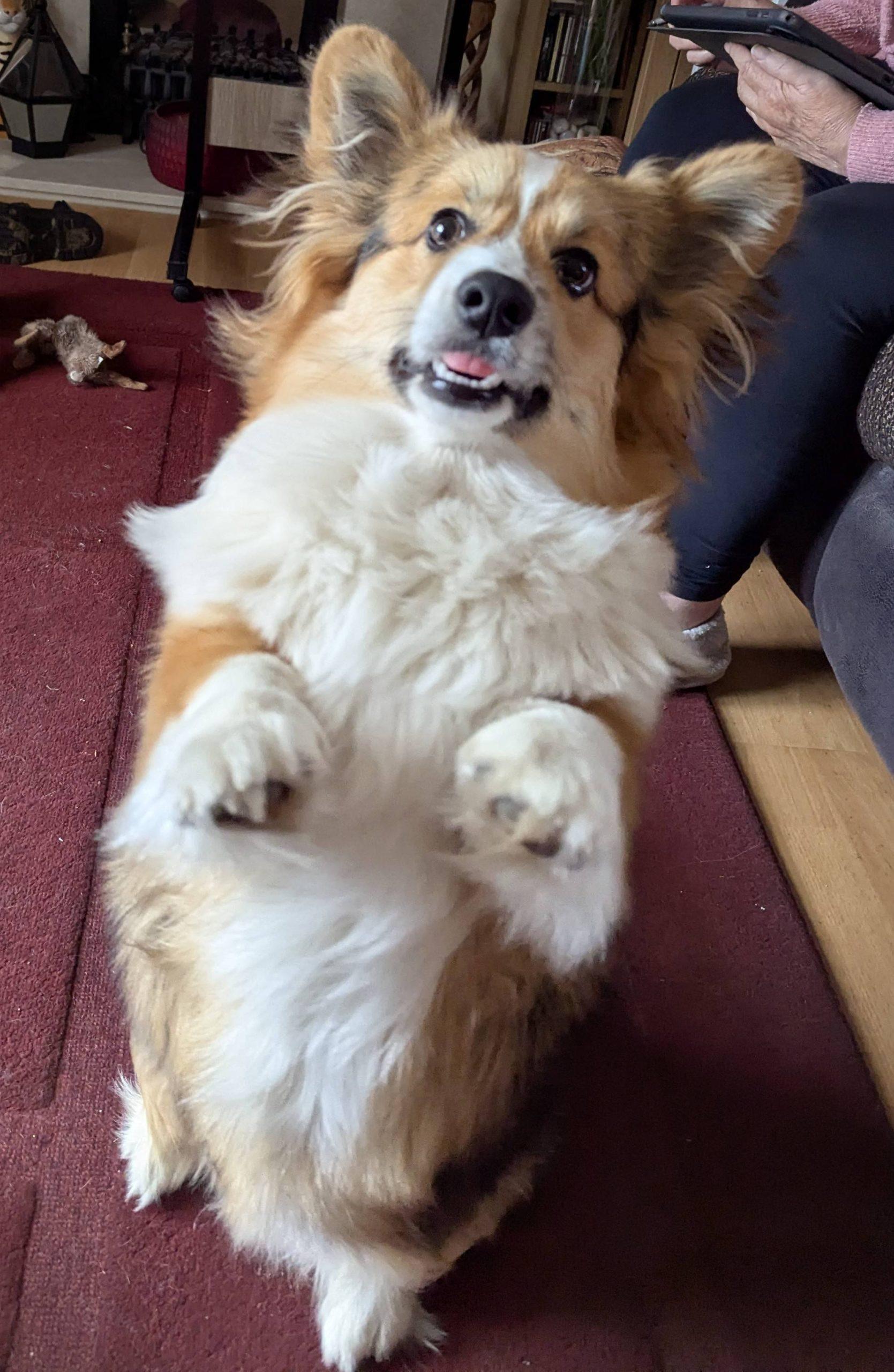
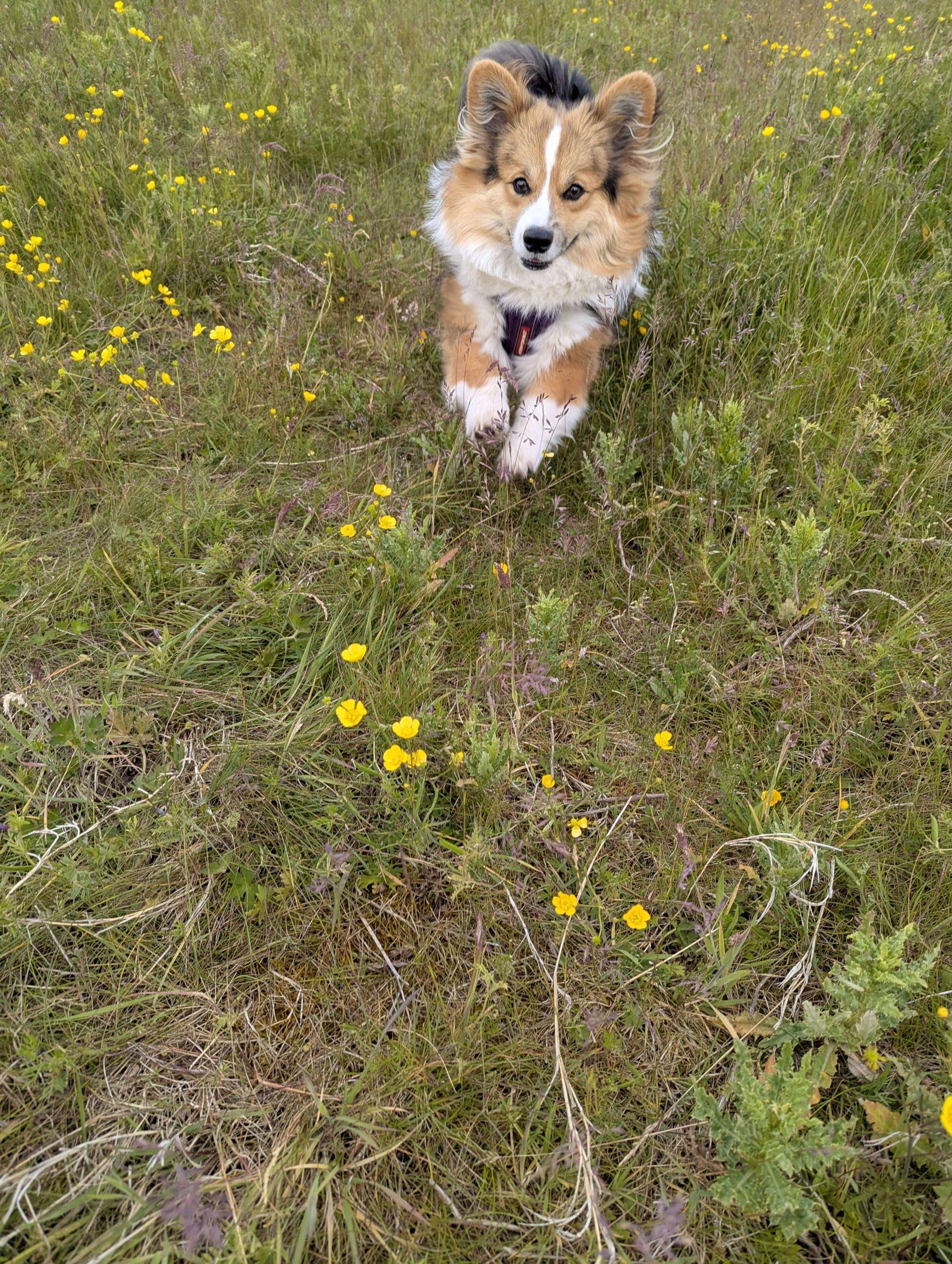
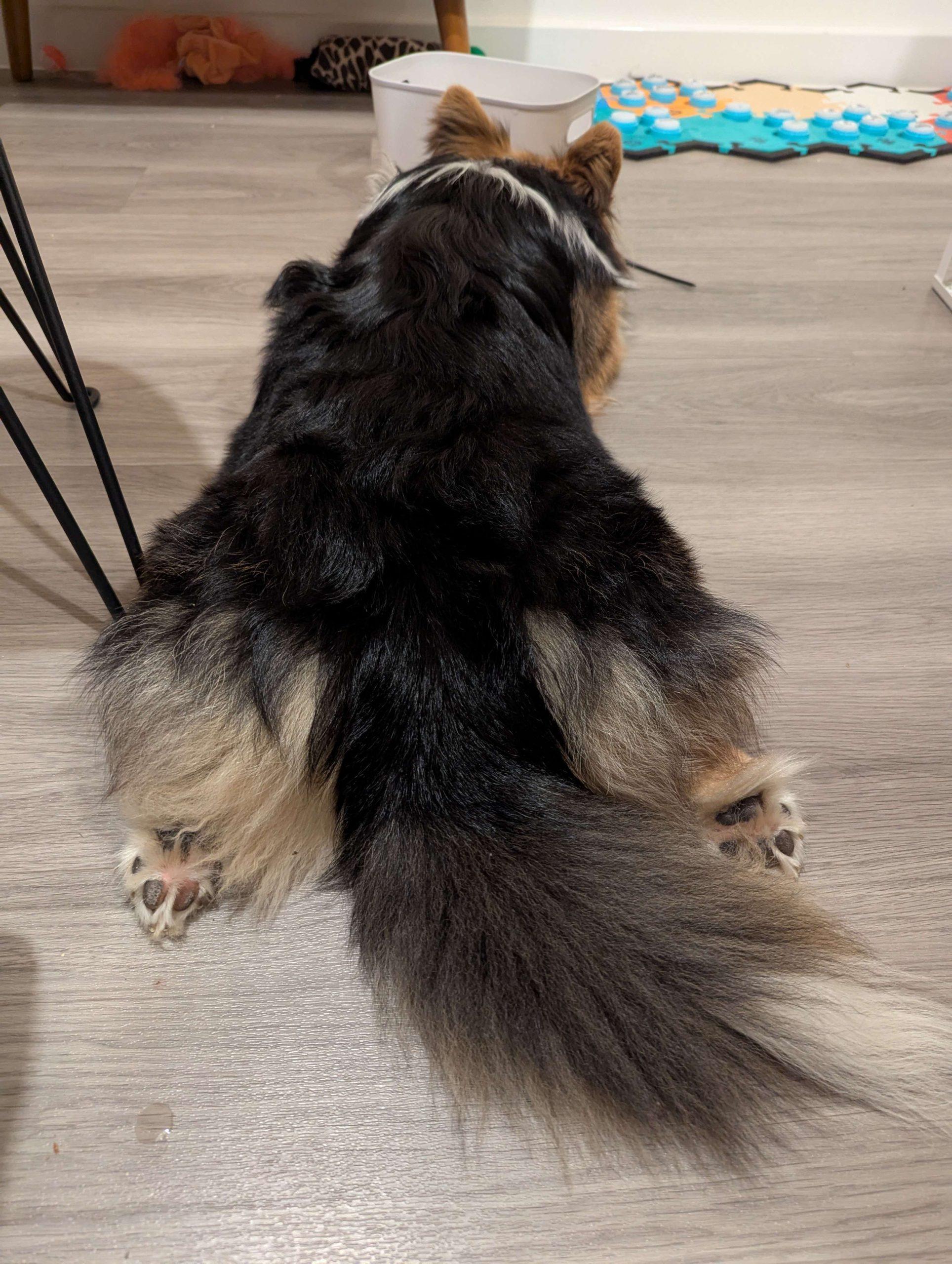
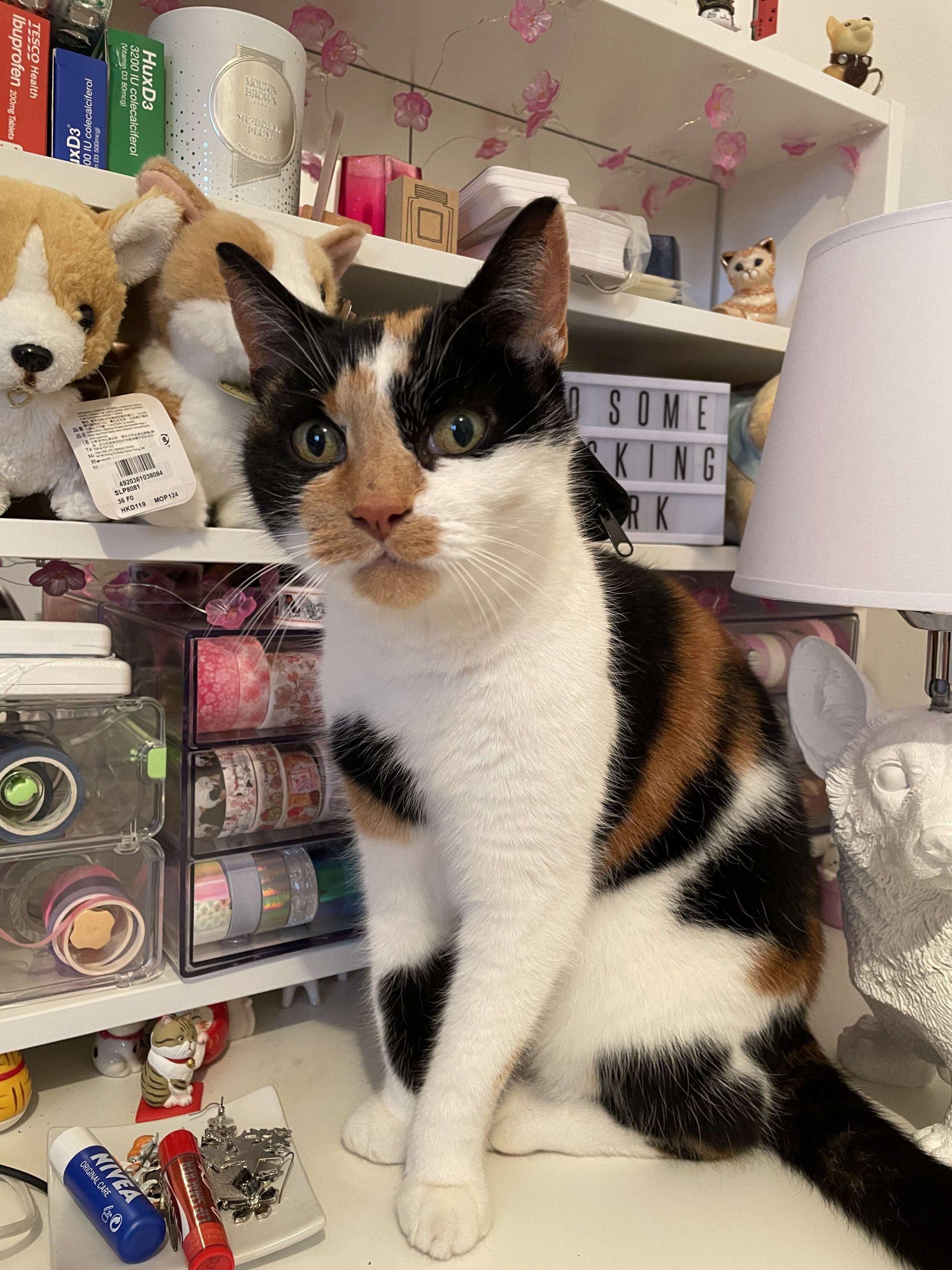
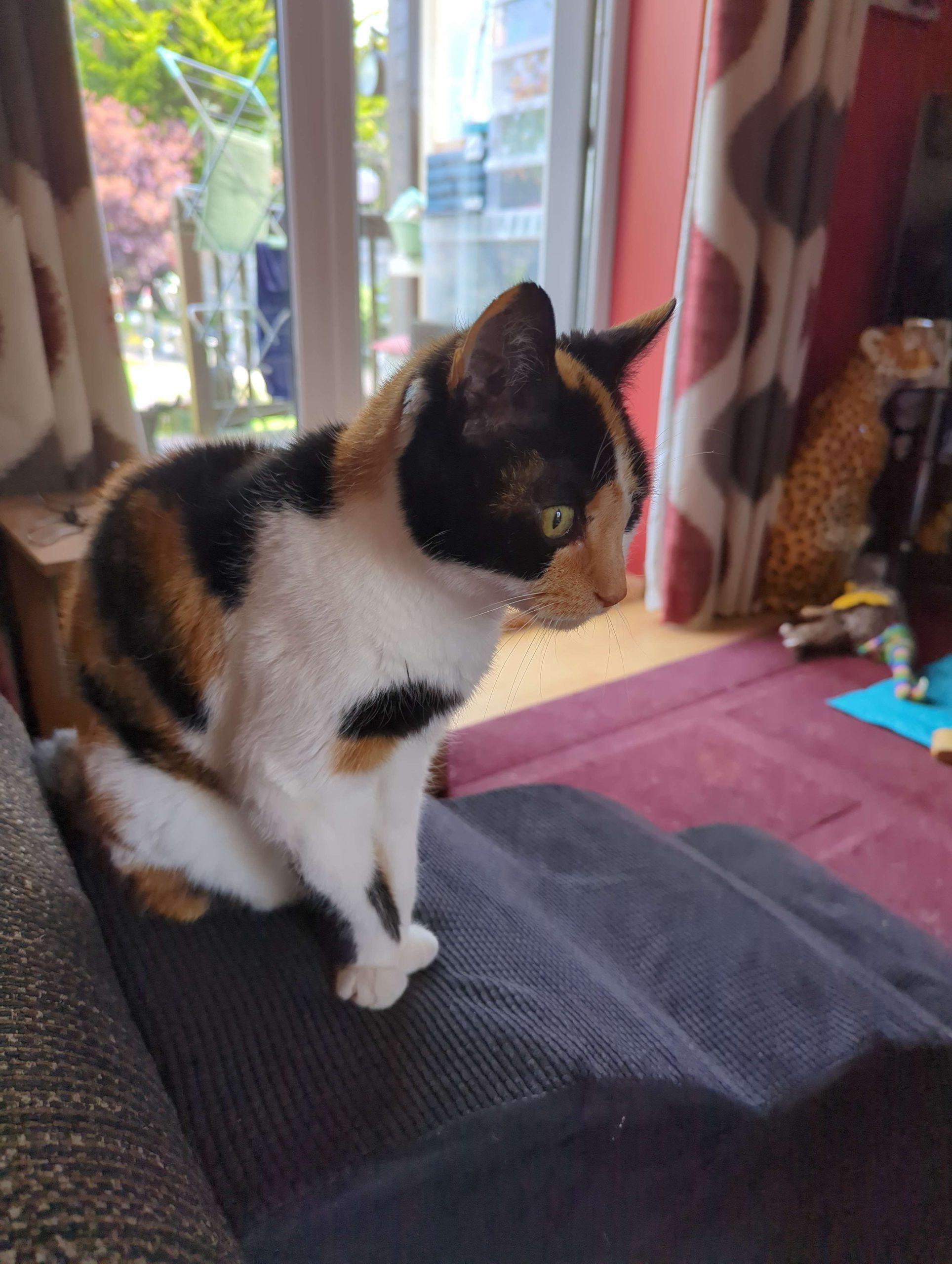
Read previous columns
Ask an expert
- May 2025: Indie presses, with Black Shuck Books’ Steve J Shaw
- April 2025: Being a traditionally-published author with Adrian Tchaikovsky
- March 2025: SFFH artwork with Jenni Coutts
Ask an agent, with Laura Bennett:

